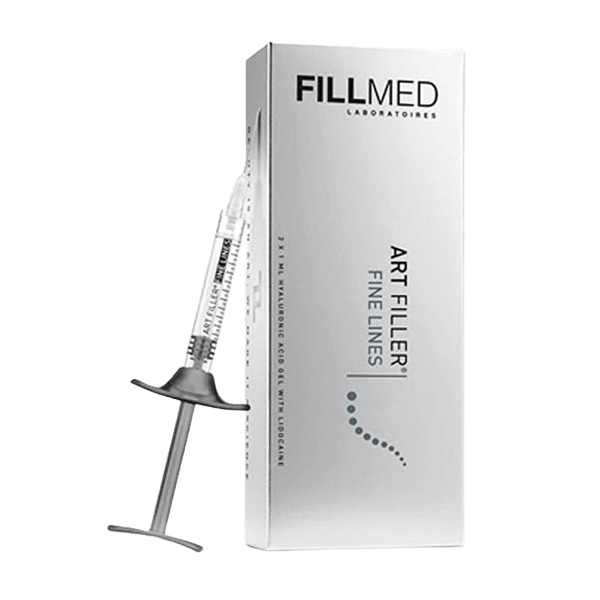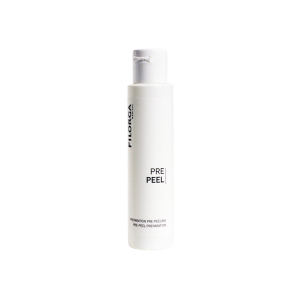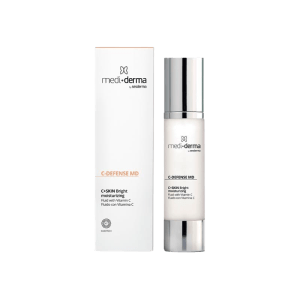Discover Your Beauty Essentials at Med Wholesale Supplies
FILTERS
Price
Product categories
Brands
Actemra®
Prescription Medication
$967.12
Select options
This product has multiple variants. The options may be chosen on the product page
Aliaxin® EV Essential Volume
Dermal Filler
$154.00 - $159.00
Aliaxin® FL Lips Filler
Dermal Filler
$154.00 - $159.00
Aliaxin® GP Global Performance
Dermal Filler
$154.00 - $159.00
Aliaxin® LV Lips Volume
Dermal Filler
$154.00 - $159.00
Aliaxin® SR Shape & Restore
Dermal Filler
$154.00 - $159.00
Aliaxin® SV Superior Volume
Dermal Filler
$154.00 - $159.00
Alidya™ Vial
Injectable Antilipodystrophic Agent And Fat Removal
$105.00 - $109.00
Aqualyx®
Fat Dissolving Injection
$345.00 - $539.00



